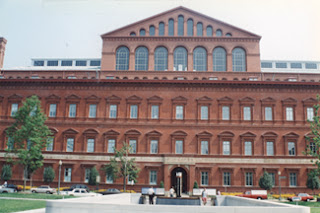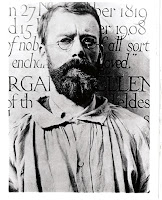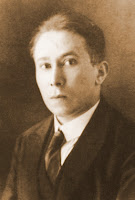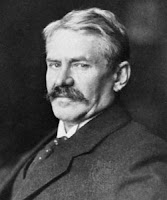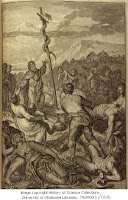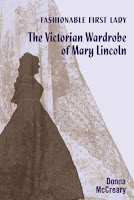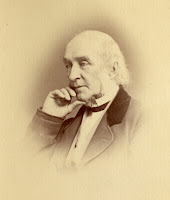
Airports are problematic: they are places of transition filled with miserable people exhausted by time changes and poor food and dehumanizing lines and searches. Flying an airplane detaches you from place and time only to reattach you elsewhere, later. Flying alone is particularly horrible--you are forced to endure the misery all by yourself with no one to talk to, or, worse yet, with people you don't know. Due to my hatred of airports (and being cut off from meaningful communication--having no one around me with whom I can discuss everything that comes to my mind) and my love of letter writing, I figured that letters are the only way to redeem flights.
But I didn't figure this out alone: my friend, Lawrence, a man of much travel experience and wanderlust, loves planes and occasionally airports. As my only even irregular correspondent at the moment (as I've lost touch, for a time, with my Latvian pen-pal from childhood, and my other correspondent got a girlfriend, and my childhood bff/neighbor and I have moved to telephone and email), he suggested/perfected the airplane letter, particularly with one written on a map that he found in the in-flight magazine--Hegel would have been so pleased with that fusion of form and content.
The paper may be the most fun part of airplane letters because often you don't anticipate the desire to write a letter while on an airplane, so you have to use whatever is in front of you--Lawrence has used an airplane ticket before; I've often used a flyleaf or title page from whatever I'm reading.
Airplane letters are also necessary in order to share the absurdity of the situations you find yourself in (the cranky old woman who whines for an hour about the stresses of flying, the Chinese translation to English of "Please don't toilet now" while going through turbulence, amusement at or frustration with children around you, etc.).
On Airplane Letters
A gathering before you leave the ground
Of what you've briefly paused till your return,
Or recollection of anomaly.
For traveling alone's a sin, as is
Withdraw. So you converse, but not with spirits, mars.
But with embodied, other plac-ed friends.
The Church asks us to friend the dead!, our goods
And theirs entwined. The Eucharist we eat
With them, connected in place and time and week
Through broken bit that's dropped into the wine.
Sometimes that bit was moved from church to church
Or week to week (both time and place combined).





